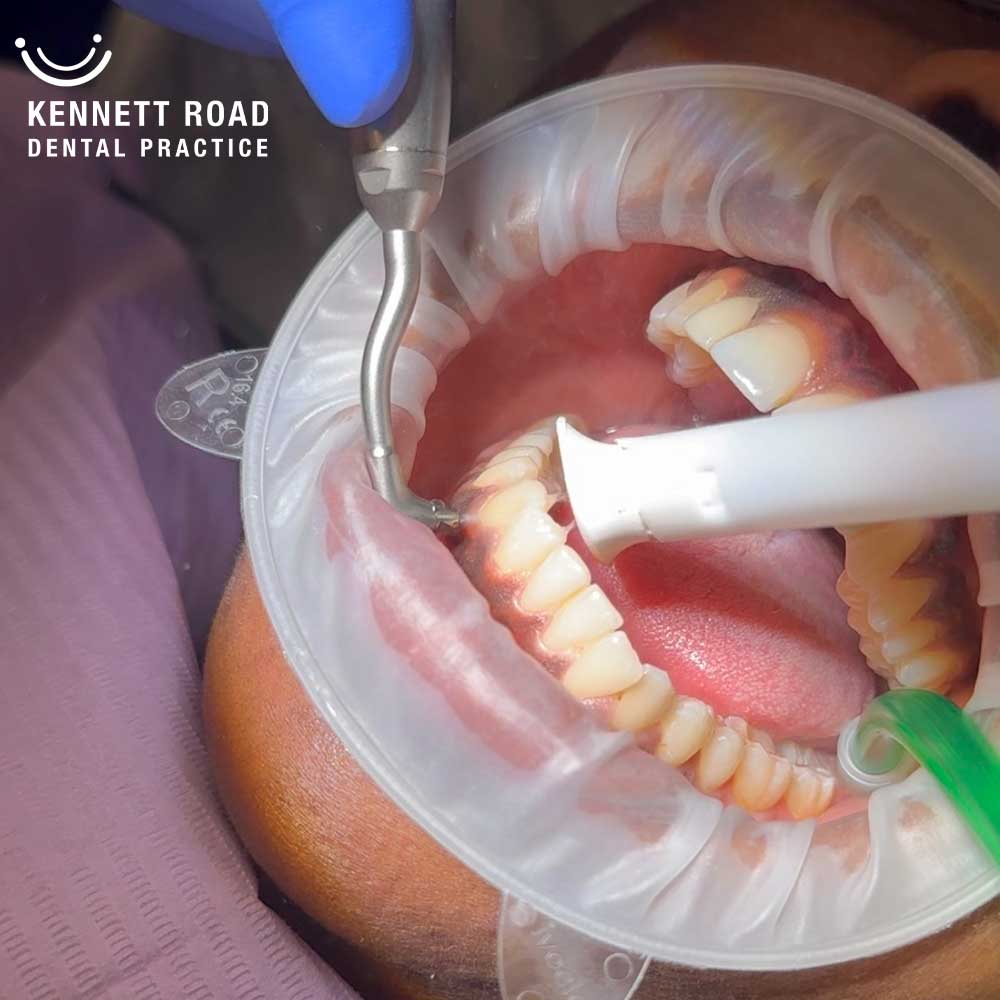A dental crown is a significant investment in your oral health and the appearance of your smile. At Kennett Road Dental Practice, we understand that our patients in Headington and beyond want to feel confident that their dental work will stand the test of time.
A common and very important question we hear is, “How long do dental crowns last?”
The simple answer is that with proper care, a dental crown can last for many years, often between 5 and 15 years. However, this is just an average, and some crowns can last for decades.
The lifespan of your crown depends on a variety of factors, including the material it’s made from and how well you look after it.
Dental Crown Longevity by Type
At our Headington practice, we use a range of high-quality materials for our dental crowns, each with its own advantages in terms of durability and aesthetics.
Ceramic Crowns
These are popular choices for front teeth as they can be matched closely to the existing colour of your natural teeth, providing a seamless and beautiful result.
With good care, you can expect a ceramic crown to last between 5 and 15 years. While they are strong, they can be more prone to chipping under extreme pressure compared to gold or zirconia crowns.
Zirconia Crowns
A newer and increasingly popular all ceramic crown option, zirconia crowns are renowned for their exceptional strength and natural appearance.
They are highly resistant to chipping and cracking, making them one of the most durable choices available.
Gold Crowns
Gold crowns are the most durable option. They rarely chip or break and can withstand heavy biting and chewing forces, making them an excellent choice for out-of-sight molars.
It’s not uncommon for a well-cared-for gold crown to last for up to 10-20 years or more.
Five Key Factors That Influence the Lifespan of Your Crown
Beyond the material, five other factors play a crucial role in how long your crown will last.
1. Your Oral Hygiene Routine
This is perhaps the most important factor. While the crown itself cannot decay, the tooth underneath is still vulnerable.
A consistent routine of brushing twice a day, flossing/using interdental brushes daily, and attending regular check-ups and hygiene appointments at our Headington practice is essential to prevent decay at the crown’s margin.
2. Diet and Chewing Habits
Frequently consuming hard, sticky, or sugary foods can put your crown at risk. Chewing on ice, hard sweets, or using your teeth to open packaging can cause a crown to chip, crack, or become dislodged.
3. Teeth Grinding (Bruxism)
If you grind or clench your teeth, especially at night, this can place significant stress on your crown and natural teeth, leading to premature wear. If we identify signs of bruxism, we may recommend a custom-made nightguard to protect your crown and your overall oral health.
4. The Location of the Crown
Crowns on your back teeth (molars) are subjected to more chewing force than those on your front teeth. This means they may wear down more quickly.
5. The Health of the Underlying Tooth
The longevity of a crown is also dependent on the health of the tooth it is protecting. A strong and healthy underlying tooth provides a better foundation for the crown.
Five Signs That Your Crown May Need Replacing
It’s important to be aware of the signs that your dental crown may be nearing the end of its life.
If you experience any of the following, please schedule an appointment with us at Kennett Road Dental Practice:
- Pain or Discomfort: Persistent pain, sensitivity to hot or cold, or discomfort when you bite down could indicate a problem with the crown or the underlying tooth.
- A Loose or Shifting Crown: Your crown should feel stable. If it feels loose or moves, it needs to be assessed promptly.
- Visible Damage: Any visible chips or cracks in the crown should be examined by a dentist.
- Gum Recession: If your gums are receding around the crown, it can expose the underlying tooth to decay.
- A Change in Your Bite: If your bite feels “off” or uneven, it could be a sign that your crown has shifted or worn down.
Your Partners in Long-Lasting Dental Health
At Kennett Road Dental Practice, we are committed to providing our patients with high-quality dental work that is both functional and aesthetically pleasing.
We will always discuss the best type of crown for your individual needs and provide you with comprehensive advice on how to care for it to ensure its longevity.
If you have any questions about dental crowns or would like to schedule a consultation, please don’t hesitate to contact our friendly team in Headington. We are here to help you achieve and maintain a healthy, confident smile for years to come.










